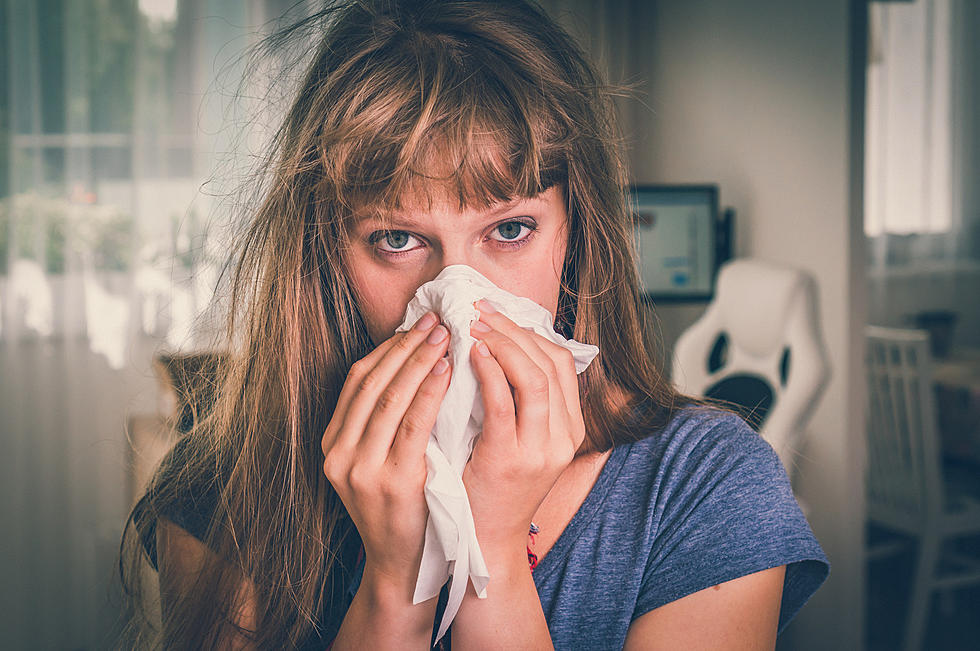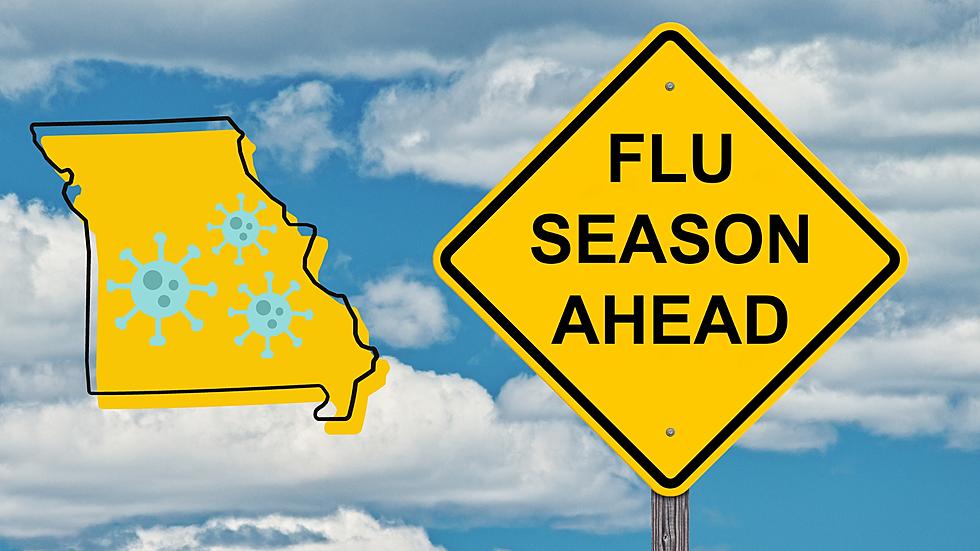
CDC To Missouri Docs: Increase Immunizations Against Covid & Flu
If you've been sick this fall or winter you know whatever is going around has been pretty nasty. If you haven't, ask a friend who has. In my mind, that might be all the warning I need to get my flu shot and update my Covid booster. Yet, with immunization levels low in Missouri against COVID-19, the flu, and RSV and a whole bunch of nasty germs going around, the Centers for Disease Control and Prevention has put out a health advisory for Missouri doctors and healthcare providers.

Whatever has been going around is nasty. I speak from experience. I picked up what seemed to be a cold right before Thanksgiving. It was a nuisance to start with. Mostly a hacking cough. It didn't seem too bad though. Cough drops worked along with a little nasal saline. Then I headed to Chicago for a family member's funeral.
That travel didn't help. My cold got a little worse and I ended up cutting my trip short and coming home. Before heading to the doctor I took a home Covid test, and surprise, guess what, I got Covid. Then, right after I cleared COVID-19 thanks to the Paxlovid and a week of quarantine, I woke up with a runny nose that wouldn't quit and a cough.
This cold was worse than I had before I went to Chicago and was even worse than the symptoms I had with COVID-19. Big congestion, big cough, scratchy throat. Not fun. Add it all up and I've had some kind of cold, respiratory thing going on for a month.
At least of this writing, it looks like the Z-Pak my doctor prescribed along with Mucinex is finally wrestling this thing into submission. Speaking with listeners, friends, and co-workers, yeah, it seems this year's cold and flu is a little nastier than average. This may be why the CDC felt the need to put out an advisory to Missouri's health professionals.
The CDC writes to Missouri doctors:
"Healthcare providers should administer influenza, COVID-19, and RSV immunizations now to patients, if recommended. Healthcare providers should recommend antiviral medications for influenza and COVID-19 for all eligible patients, especially patients at high-risk of progression to severe disease such as older adults and people with certain underlying medical conditions."
Additionally, the CDC warns that between multiple pathogens (flu, COVID-19, RSV) and low vaccination rates, there could be more severe illness associated with these diseases and thus, more stress placed on Missouri's healthcare system.
Speaking from experience, if you can get a shot and keep from having what I had. Or even part of what I had. Do it. Being sick for a month with a hacking cough and a snotty nose isn't any fun.
KEEP READING: See 25 natural ways to boost your immune system
Answers to 25 common COVID-19 vaccine questions
Gallery Credit: Stephanie Parker
More From KIX 105.7









